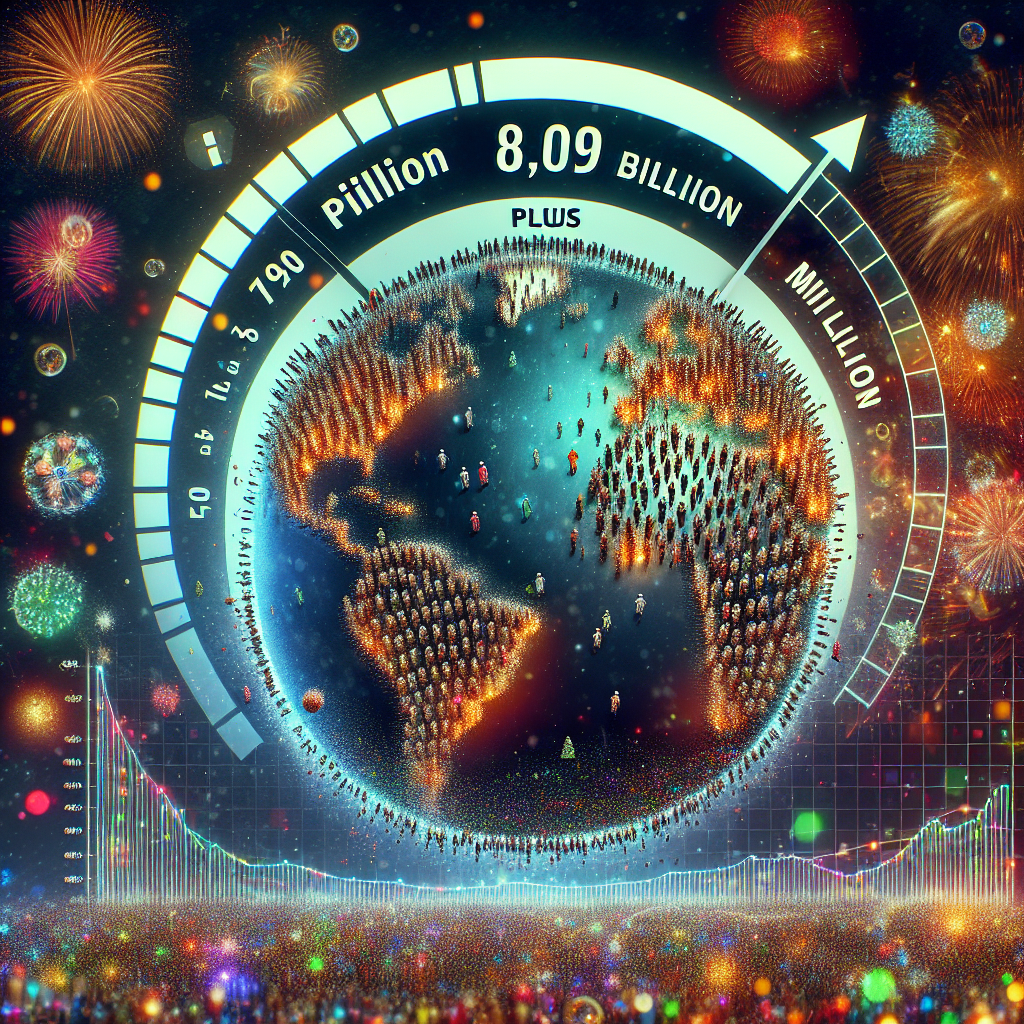Global Population to Reach 8.09 Billion on New Year’s Day with 71 Million Growth in 2024
Global Population Milestone: 8.09 Billion on New Year’s Day
Overview
The global population is set to reach a significant milestone of 8.09 billion people on New Year’s Day. This growth marks a substantial increase, with projections indicating an additional 71 million people by the end of 2024. This demographic shift presents both opportunities and challenges for the world.
Key Drivers of Population Growth
- Birth Rates: High birth rates in certain regions continue to drive global population growth.
- Improved Healthcare: Advances in healthcare have led to lower mortality rates and increased life expectancy.
- Migration Patterns: Migration contributes to population changes, with people moving for better opportunities and living conditions.
Regional Insights
Population growth is not uniform across the globe, with certain regions experiencing more significant increases than others:
- Africa: Continues to see rapid population growth due to high fertility rates.
- Asia: While growth is slowing, Asia remains the most populous continent.
- Europe: Faces challenges with aging populations and lower birth rates.
Implications of Population Growth
The increase in global population brings about several implications:
- Resource Demand: Greater demand for food, water, and energy resources.
- Urbanization: Increased urbanization as people move to cities for better opportunities.
- Environmental Impact: Potential strain on the environment due to increased consumption and waste.
Conclusion
The anticipated growth of the global population to 8.09 billion by New Year’s Day, with an additional 71 million people in 2024, highlights the dynamic nature of demographic changes. While this growth presents opportunities for economic development and innovation, it also poses challenges in terms of resource management and environmental sustainability. Understanding these trends is crucial for policymakers and global leaders as they plan for the future.

















